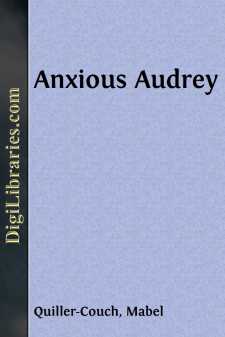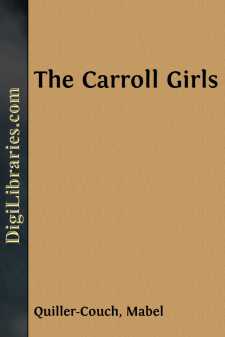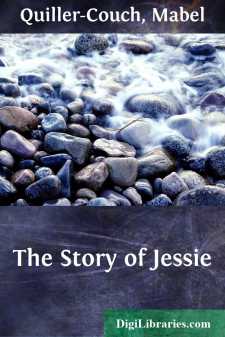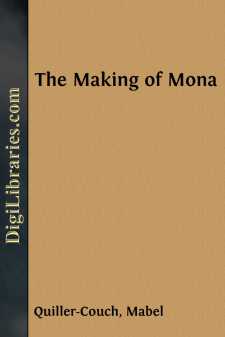Categories
- Antiques & Collectibles 13
- Architecture 36
- Art 48
- Bibles 22
- Biography & Autobiography 815
- Body, Mind & Spirit 144
- Business & Economics 28
- Children's Books 18
- Children's Fiction 14
- Computers 4
- Cooking 94
- Crafts & Hobbies 4
- Drama 346
- Education 58
- Family & Relationships 59
- Fiction 11835
- Games 19
- Gardening 17
- Health & Fitness 34
- History 1378
- House & Home 1
- Humor 147
- Juvenile Fiction 1873
- Juvenile Nonfiction 202
- Language Arts & Disciplines 89
- Law 16
- Literary Collections 686
- Literary Criticism 179
- Mathematics 13
- Medical 41
- Music 40
- Nature 180
- Non-Classifiable 1768
- Performing Arts 7
- Periodicals 1453
- Philosophy 65
- Photography 2
- Poetry 896
- Political Science 203
- Psychology 44
- Reference 154
- Religion 515
- Science 126
- Self-Help 85
- Social Science 83
- Sports & Recreation 34
- Study Aids 3
- Technology & Engineering 60
- Transportation 23
- Travel 463
- True Crime 29
Our website is made possible by displaying online advertisements to our visitors.
Please consider supporting us by disabling your ad blocker.
Better than Play
Description:
Excerpt
WASHING DAY TEMPERS.
Down at the Henders' cottage all was misery and discomfort; the house was full of bad temper, steam, and the smell of soap-suds. It was washing-day, and the children hated washing-day. For one thing, Aunt Emma was always very cross, and for another, they never knew what to do with themselves. They were not allowed indoors, for they "choked up the place," she said, "and there wasn't room to move,"; so they had to stay outside; but they must make no noise, for she could not bear it, and they must not wander away to play, for they might be wanted at any minute, to run an errand, or chop up a few sticks. Bella, too, the eldest of them all, was needed every now and again to hang a few things on the bushes; but that was all the break they had in the weary day.
Bella often wished her aunt would let her do more to help her. She was sure she could, and it would have been ever so much more pleasant than standing around seeing everything go wrong, yet doing nothing.
Her aunt was always scolding her for being idle, and grumbling at the amount of work she herself had to do; yet, if Bella attempted to help in any way, there was a great to-do, and her aunt grew so angry about it that Bella soon gave up attempting. It grieved her dreadfully, though. The home had been so different when her mother was alive, so neat and pretty, and all of them so happy.
There had rarely been any scolding, and certainly there was never any grumbling about the work.
"Why, work is pleasure, if you take it in the right spirit," Mrs. Hender used to say, cheerfully; "it means life and happiness—but everything depends, of course, on the spirit in which you take it."
Certainly Aunt Emma did not take it in 'the right spirit.' She was always grumbling, and never what you would call cheerful. If she had to go up the few stairs to the bedrooms, she grumbled, and if she had to go to the door to answer a knock, she grumbled. If the children used an extra cup, or the windows got dirty, or the steps muddy, she complained bitterly of the hardship it was to her. And few things are harder to bear than to have to live with a perpetual grumbler, to listen to constant complaints, —especially, too, if the grumbler will not let any one help her to do the work she grumbles so much about. A grumbler spoils every one's pleasure, and gets none herself; and the worst of it is, it is a disease that grows on one terribly.
In the Henders' case it was doing great harm, as Bella was old enough to see. Her father had always, in the old days, come home after his work, and, after they had all had a cosy meal together, had worked in the garden through the summer evenings, or, in the winter, sat by the fire reading the paper or a book to his wife while she sewed. He had long since ceased all that, though, for one can't sit and read in any comfort in a kitchen that's all of a muddle, and to a woman who is grumbling all the time; and soon he found there was a cosy, quiet resting-place at the 'Red Lion,' with plenty of cheerfulness and good temper, and no grumbling....









